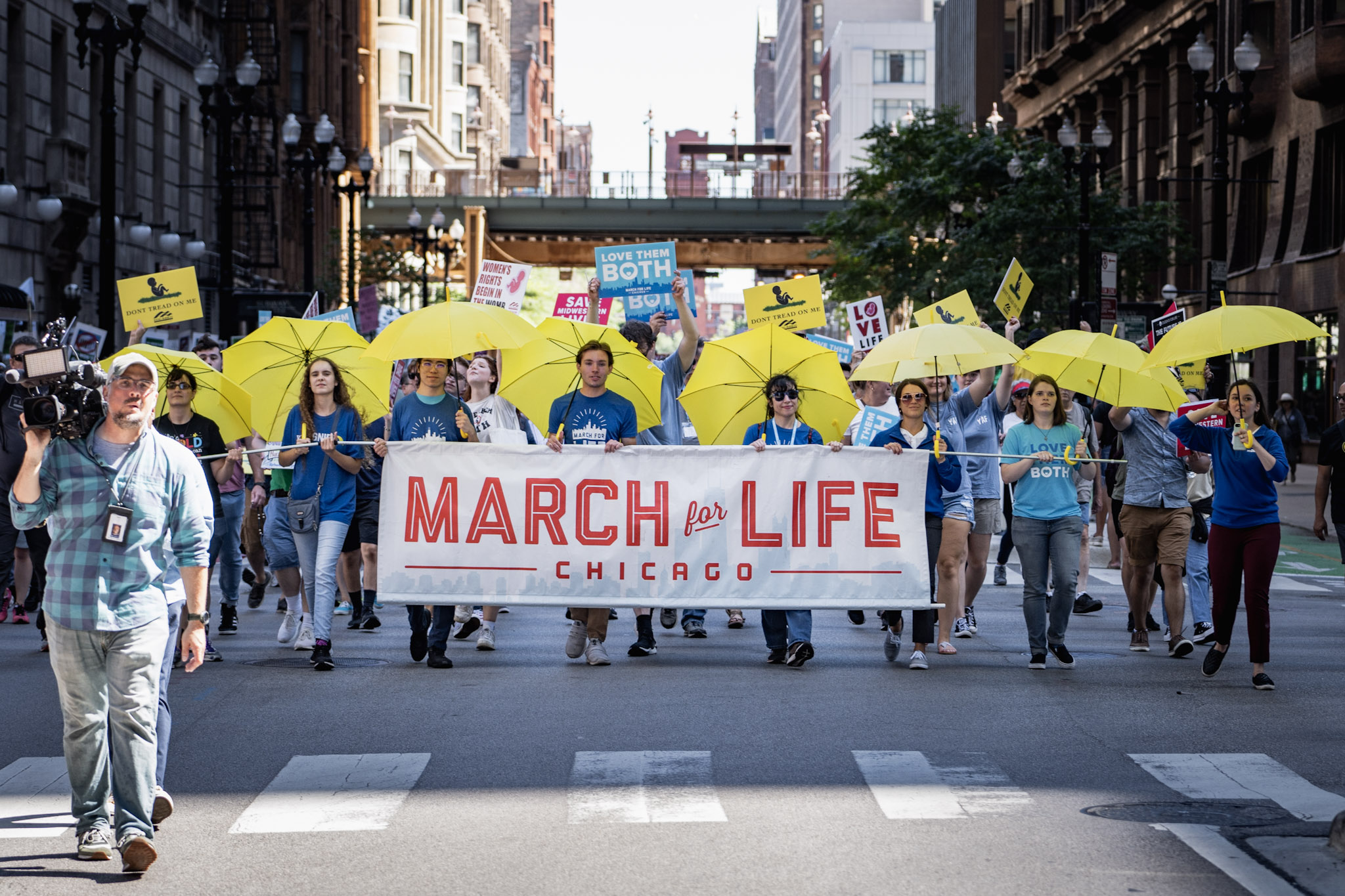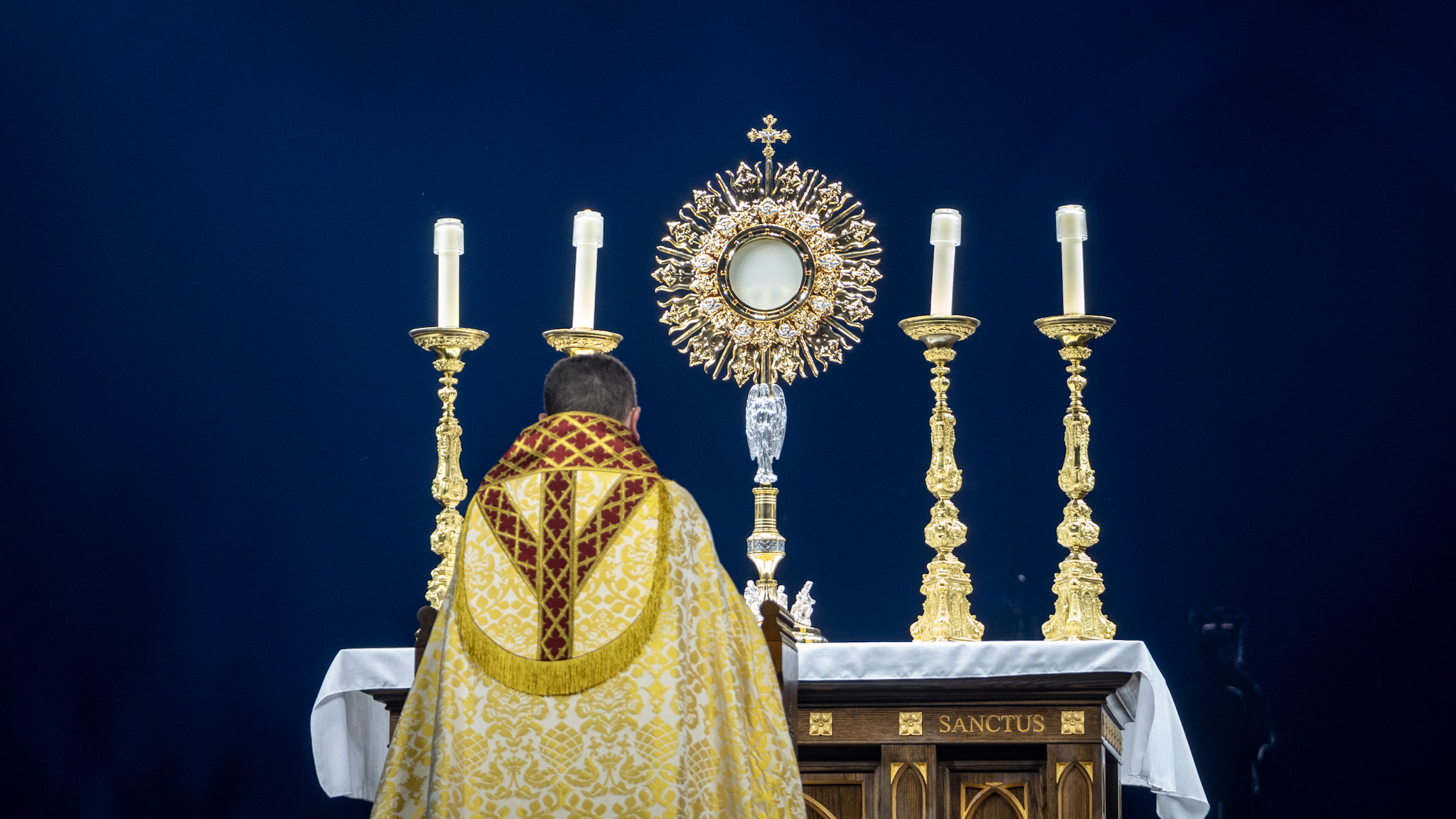1. Summary of Pro-Life Arguments
-
- Life is sacred, and every human being possesses inherent dignity and the right to life.
- Society’s moral consistency in valuing human life should extend to the unborn.
- Religious teachings affirm the sanctity of life from conception.
-
- Life begins at conception, with a unique set of DNA marking a new human organism.
- Significant fetal development, such as heartbeat (6 weeks) and brain activity (8 weeks), demonstrates the humanity of the unborn.
- Advances in medical technology show premature babies can survive as early as 21-22 weeks, challenging the concept of viability.
-
- Pro-life advocates argue for coexistence of rights for the mother and the child.
- Emphasis on providing resources, counseling, and support for women facing unplanned pregnancies.
- Focus on addressing societal challenges (poverty, education, inequality) rather than resorting to abortion.
-
- Concern that abortion devalues human life and sets a precedent for disregard toward other vulnerable populations.
- Addressing issues like coercion in abortion decisions and discrimination (e.g., sex-selective abortions or termination due to disabilities).
Responses to Common Objections:
-
- In cases of rape or incest, pro-life advocates emphasize support for survivors while valuing the resulting life.
- For life-threatening pregnancies, medical interventions to save the mother are supported when necessary.
- Efforts to help underserved communities focus on resources and systemic changes to ensure life-affirming choices.
-
- Advocacy for societal change to see children as blessings rather than burdens.
- Education about fetal development, abortion alternatives, and promoting adoption as a loving option.
- Holistic approach to respect life, including opposing euthanasia, human trafficking, and addressing poverty and violence.
2. Pro-Life Arguments: A Compassionate Defense of the Sanctity of Life
The debate over abortion is one of the most contentious and polarizing issues in modern society. At its core, the pro-life movement advocates for the protection and preservation of life from conception to natural death. Pro-life arguments are rooted in the belief that every human being, regardless of their stage of development or circumstance, possesses inherent dignity and the right to life. This article explores these arguments from a pro-life perspective, emphasizing the ethical, scientific, and societal foundations of the movement.
The Ethical Basis of Pro-Life Arguments
One of the fundamental pro-life arguments is the ethical principle that life is sacred. This belief is grounded in the conviction that every human being has intrinsic value simply by virtue of being human. Unlike other attributes such as intelligence, physical ability, or social status, humanity is not something that can be earned or lost. From a pro-life perspective, the act of abortion directly undermines this principle by ending a human life, which is viewed as morally wrong.
Pro-life advocates often point to moral consistency as a cornerstone of their position. They argue that society recognizes the value of human life in other contexts—such as laws against murder and protections for vulnerable populations—and that this recognition should logically extend to unborn children. If society accepts that it is wrong to kill an innocent person after birth, it follows that the same principle should apply to a child before birth.
Religious teachings also play a significant role in shaping pro-life arguments. Many faith traditions affirm the sanctity of life, viewing it as a gift from God that should be cherished and protected. For instance, Christians often cite passages from the Bible, such as Psalm 139:13-16, which speaks of God knitting individuals together in their mother’s womb, as evidence of life’s sacredness from its earliest stages. While not all pro-life advocates are religious, this perspective reinforces the movement’s ethical foundation for many supporters.
Scientific Foundations of Pro-Life Arguments
Science provides a robust basis for pro-life arguments, particularly in understanding when human life begins. Advances in embryology and fetal development have made it increasingly clear that life begins at conception. At the moment of fertilization, a unique and complete set of human DNA is formed, marking the start of a new human organism. This scientific reality challenges the notion that an unborn child is merely a “clump of cells” or an extension of the mother’s body.
By the time most abortions occur, significant milestones in fetal development have already taken place. For example, a heartbeat is detectable as early as six weeks, and brain activity can be observed by eight weeks. By twelve weeks, the unborn child has formed fingers, toes, and facial features and can respond to stimuli. These developments highlight the humanity of the unborn child, reinforcing pro-life arguments that abortion ends a distinct and irreplaceable human life.
Moreover, advancements in medical technology have blurred the lines of viability, the stage at which a baby can survive outside the womb. Premature babies born as early as 21 or 22 weeks are now surviving with proper medical care, which strengthens the pro-life assertion that the unborn are not merely potential lives but actual human beings deserving of protection.
Pro-Life Arguments and Women’s Rights
Critics of the pro-life position often frame the issue as a conflict between a woman’s rights and the rights of her unborn child. However, pro-life advocates reject the notion that these rights are inherently opposed. Instead, they argue that the rights of the mother and child can and should coexist.
From a pro-life perspective, supporting women during pregnancy is key to addressing the challenges that lead many to consider abortion. Pro-life organizations often provide resources such as counseling, financial assistance, and access to healthcare to help women navigate unplanned pregnancies. These efforts are rooted in the belief that no woman should feel forced to choose between her well-being and her child’s life.
Additionally, pro-life arguments emphasize that abortion is not a solution to societal issues such as poverty, lack of education, or gender inequality. Instead, the focus should be on addressing these root causes to empower women and families. By providing comprehensive support systems and advocating for policies that promote life-affirming choices, pro-life advocates aim to create a culture where both mothers and their children can thrive.
The Societal Implications of Pro-Life Arguments
Pro-life arguments extend beyond the individual to consider the broader societal impact of abortion. One significant concern is the devaluation of human life. Pro-life advocates argue that normalizing abortion contributes to a culture where life is seen as disposable, particularly when it is inconvenient or unwanted. This mindset, they contend, can have far-reaching consequences, influencing attitudes toward other vulnerable populations, such as the elderly, disabled, or terminally ill.
Another societal consideration is the potential for coercion. Pro-life advocates highlight cases where women are pressured into abortions by partners, family members, or societal expectations. This reality underscores the need for alternatives that respect a woman’s autonomy while affirming the value of her child’s life.
The pro-life movement also raises questions about discrimination. For example, sex-selective abortions, which disproportionately target female fetuses, and the termination of pregnancies based on disabilities, such as Down syndrome, are seen as forms of injustice. Pro-life arguments call for the protection of all lives, regardless of gender, ability, or other characteristics, as a matter of equality and fairness.

March for Life in Washington, D.C.
Responding to Common Objections
Pro-life advocates often address objections to their position by emphasizing consistency and compassion. One common argument is that abortion is necessary in cases of rape or incest. While acknowledging the profound trauma involved in such situations, pro-life advocates maintain that the circumstances of conception do not diminish the value of the resulting life. Instead, they advocate for comprehensive support for survivors, including counseling and resources to help them navigate their pregnancies.
Another objection is that abortion should be allowed when a mother’s life is at risk. Pro-life advocates generally agree that medical interventions to save a mother’s life are ethically permissible, even if they result in the unintended loss of the child. However, they emphasize that such cases are rare and distinct from elective abortions, which intentionally end a pregnancy.
Finally, critics argue that pro-life policies disproportionately affect low-income women and women of color. Pro-life advocates respond by highlighting their efforts to address systemic inequalities and provide resources to underserved communities. They argue that the solution is not to make abortion more accessible but to ensure that all women have the support they need to choose life.
Building a Culture of Life
At its heart, the pro-life movement seeks to build a culture that values and protects every human life. Pro-life arguments call for a shift in societal attitudes, from viewing children as burdens to recognizing them as blessings. This cultural transformation requires collaboration across political, social, and religious lines to promote policies and practices that affirm life at all stages.
Education is a critical component of this effort. By raising awareness about fetal development, the realities of abortion, and the availability of alternatives, pro-life advocates aim to equip individuals with the knowledge they need to make informed decisions. Additionally, promoting adoption as a loving and viable option for unplanned pregnancies is a key focus of the movement.
The pro-life vision extends beyond the issue of abortion to encompass a holistic respect for life. This includes opposing practices such as euthanasia, assisted suicide, and human trafficking, as well as addressing issues like poverty, healthcare access, and violence. By advocating for policies that uphold human dignity in all circumstances, the pro-life movement seeks to create a society where every person is valued and protected.
Would you like to stay close to the Holy Eucharist all day long?
Now you can, I have 8 Holy Eucharist Wallpapers for you, so you can stay connected with Jesus Christ anywhere you are!
3. Pro-Life Statistics
Pro-life arguments are supported by various statistics that highlight public opinion, abortion rates, demographic factors, and the impact of pro-life legislation. Here’s an overview of key statistics relevant to the pro-life perspective:
Public Opinion on Abortion
- Pro-Life vs. Pro-Choice Identification: As of 2023, approximately 41% of Americans identify as pro-life, while 54% identify as pro-choice. – Focus on the Family
Abortion Rates and Trends
- Annual Number of Abortions: In 2017, there were approximately 862,320 abortions performed in the United States. Pro-Life Future
- Abortion Ratio: As of 2016, there were 186 abortions per 1,000 live births, indicating that about 18% of pregnancies ended in abortion. Pro-Life Future
Demographics of Women Obtaining Abortions
- Age: 46% of abortions are performed on women under 25 years old, with 12% on adolescents and 34% on women aged 20-24. Pro-Life Future
- Marital Status: One-third of women who obtain abortions are married. Pro-Life Across America
- Parental Status: 59% of women obtaining abortions have at least one child. Pro-Life Across America
- Religious Affiliation: 62% of women obtaining abortions claim a religious affiliation, with 24% identifying as Catholic, 17% as mainline Protestant, 13% as evangelical Protestant, and 8% with other religions. Pro-Life Across America
Impact of Pro-Life Legislation
- Birth Rates in Pro-Life States: Following the implementation of pro-life laws, there was a 2.3% increase in birth rates in pro-life states, equating to approximately 32,000 additional births. AUL
- Reduction in Abortions: Pro-life state laws are estimated to impact 166,239 abortions annually, showcasing their significant effect on reducing abortion numbers. AUL
These statistics provide insight into the landscape of abortion in the United States and are often cited by pro-life advocates to support their position on the sanctity of life and the effectiveness of pro-life legislation.
4. Resources
Ethical and Philosophical Resources
- “The Ethics of Abortion: Pro-Life vs. Pro-Choice” by Robert M. Baird and Stuart E. Rosenbaum – A compilation of essays presenting perspectives on both sides of the abortion debate.
- Natural law philosophy and writings by thinkers like Thomas Aquinas.
Scientific References
- “The Developing Human: Clinically Oriented Embryology” by Keith L. Moore, T.V.N. Persaud, and Mark G. Torchia – A comprehensive embryology textbook that discusses fetal development stages.
- Research on fetal viability advancements, often found in medical journals like The New England Journal of Medicine or The Journal of Perinatology.
Religious Perspectives
- Documents from religious organizations, such as Evangelium Vitae (The Gospel of Life) by Pope John Paul II, which outlines the Catholic Church’s stance on the sanctity of life.
- Resources from groups like Focus on the Family and National Right to Life Committee (NRLC).
Advocacy and Support Resources
- Pregnancy resource centers like Care Net and Heartbeat International, offer data on support provided to pregnant women.
- Studies on the effectiveness of pro-life policies in reducing abortion rates are often conducted by think tanks or policy research organizations.
Conclusion
Pro-life arguments are rooted in the conviction that all human life is valuable and worthy of protection. Through ethical reasoning, scientific evidence, and a commitment to supporting women and families, the pro-life movement offers a compassionate and consistent defense of life. While the issue of abortion is deeply complex and often emotionally charged, pro-life advocates remain steadfast in their belief that every life—born and unborn—deserves to be cherished.
By fostering a culture that respects and protects the sanctity of life, pro-life arguments challenge society to uphold its highest ideals of justice, equality, and compassion. Whether through education, advocacy, or direct support, the pro-life movement continues to work toward a world where life is celebrated and every human being can thrive.
Check out my photos from March for Life in Washington, D.C.!








